News
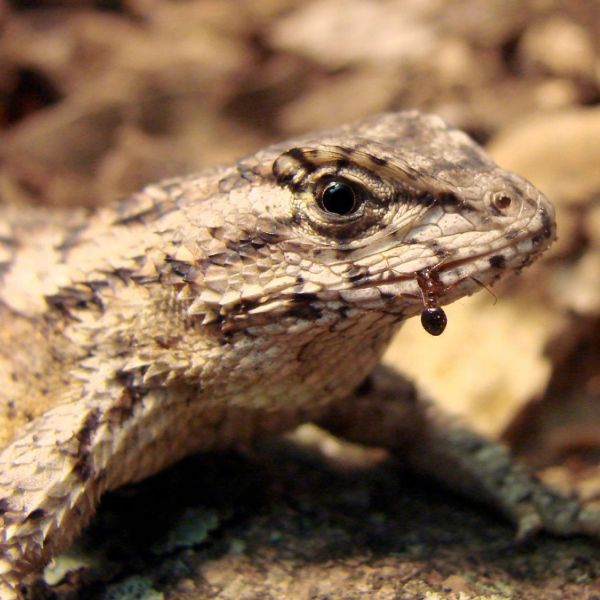
Oct 19, 2022
Eating fire ants could prepare lizards for future fire ant attack
Eating fire ants might prepare a lizard’s immune system to be stung by the ants, according to a new study by researchers at Penn State. The study comprehensively assessed how the immune system responds to lizards eating and being stung by these ants and might help researchers understand how other native species respond and adapt to the invasive insects.
Full Article
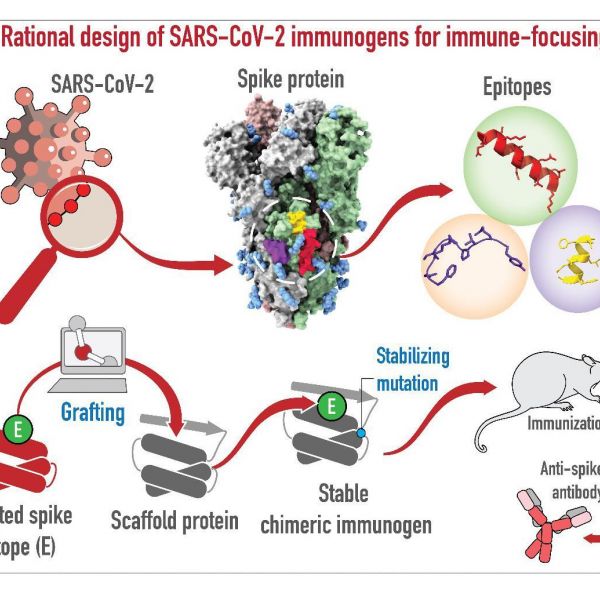
Oct 18, 2022
Newly engineered protein could be used to develop adaptation-proof COVID vaccine
A vaccine design approach that could protect against new variants of SARS-CoV-2 — the virus that causes COVID-19 — but also potentially protects against other coronaviruses is one step closer to reality as a result of research at Penn State College of Medicine.
Full Article
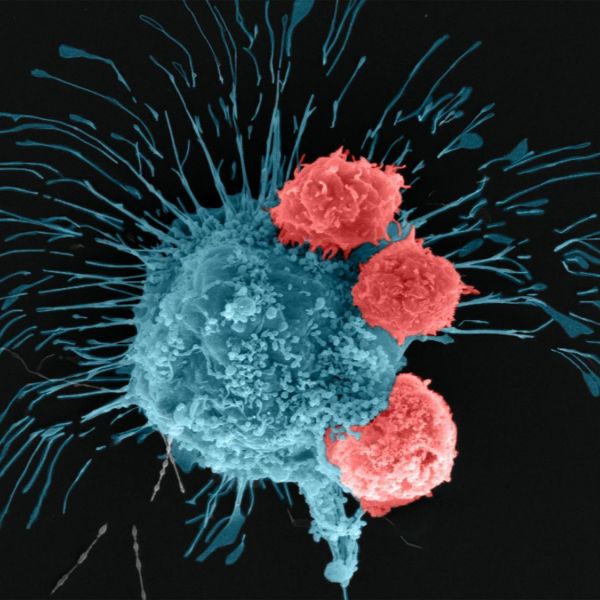
Oct 18, 2022
Researchers 3D bioprint breast cancer tumors, treat them in groundbreaking study
Researchers at Penn State have successfully 3D bioprinted breast cancer tumors and treated them in a breakthrough study to better understand the disease that is one of the leading causes of mortality worldwide.
Full Article

Oct 17, 2022
Penn State, State College data on SARS-CoV2 in wastewater now available online
Data from Penn State researchers’ SARS-CoV2 wastewater monitoring program in Centre County is now available online on the Centers for Disease Control and Prevention (CDC) National Wastewater Surveillance System (NWSS) website.
Full Article

Oct 06, 2022
28 new faculty members join the College of Engineering
Twenty-eight new faculty members have joined the Penn State College of Engineering since the end of the spring semester. The 17 tenured or tenure-line members and 11 non-tenure-line members represent 11 units and departments and include one dean and two new department heads.
Full Article

Oct 06, 2022
Research team gets CDC grant to strengthen infectious disease surveillance
The U.S. Centers for Disease Control and Prevention has funded a $750,000 grant for research by a team of Penn State scientists to strengthen infectious disease surveillance, detection and preparedness by developing an accessible bioinformatics platform and tools for utilization by the CDC’s Laboratory Response Network.
Full Article
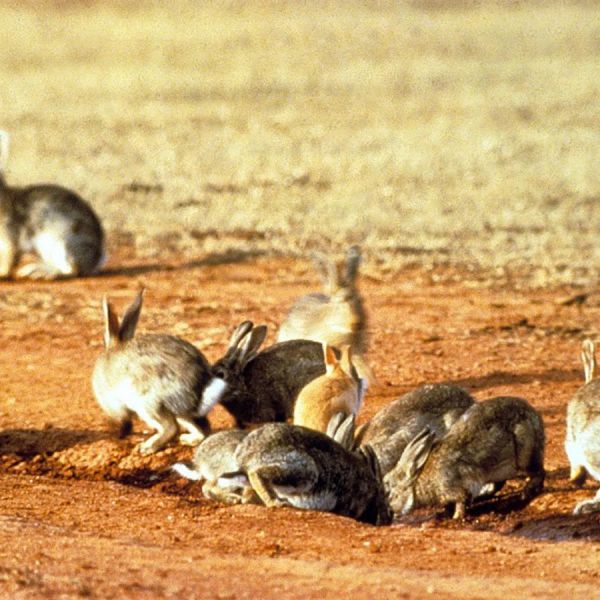
Oct 06, 2022
Rabbit virus has evolved to become more deadly, new research finds
A common misconception is that viruses become milder over time as they become endemic within a population. Yet new research, led by Penn State and the University of Sydney, reveals that a virus — called myxoma —that affects rabbits has become more deadly over time
Full Article
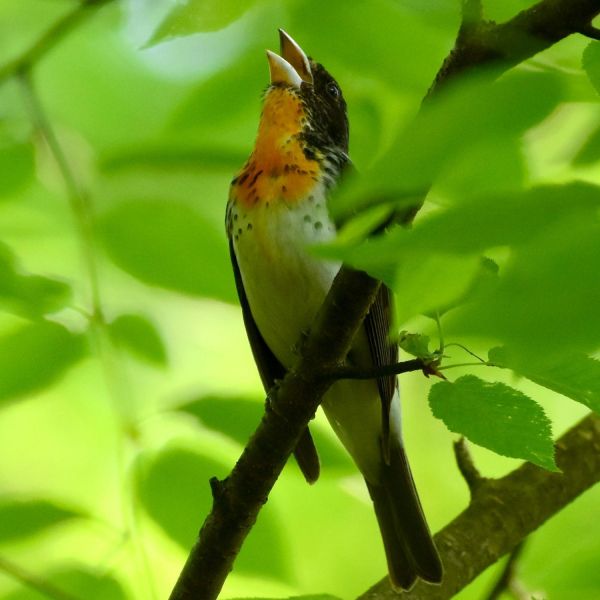
Oct 05, 2022
Birdsong reveals rare hybrid coupling 10 million years in the making
A team of researchers led by Penn State was able to use a combination of genomic sequencing and song analysis to identify a rare hybrid bird whose ancestors haven’t shared the same breeding location or lineage for 10 million years.
Full Article

Oct 04, 2022
Prenatal acetaminophen use linked to sleep, attention problems in preschoolers
Acetaminophen use during pregnancy is associated with sleep and behavior problems consistent with attention deficit hyperactivity disorder (ADHD), according to a study by Penn State College of Medicine researchers.
Full Article
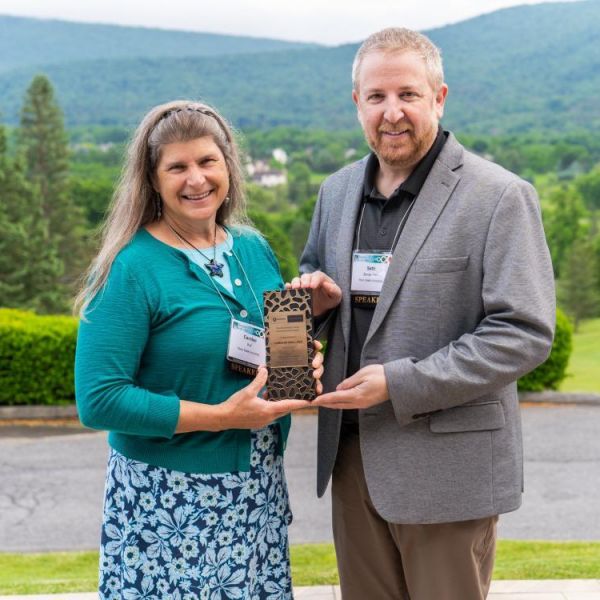
Oct 03, 2022
Bull steps down at Microbiome Center, looks forward to future innovation
After more than five years at the helm of Penn State’s Microbiome Center, founding director Carolee Bull has stepped down. Though she will continue serving as department head of plant pathology and environmental microbiology and as a professor of plant pathology and systematic bacteriology at Penn State’s College of Agricultural Sciences, Bull has handed off leadership of the Microbiome Center to recent Penn State hire Seth Bordentstein.
Full Article